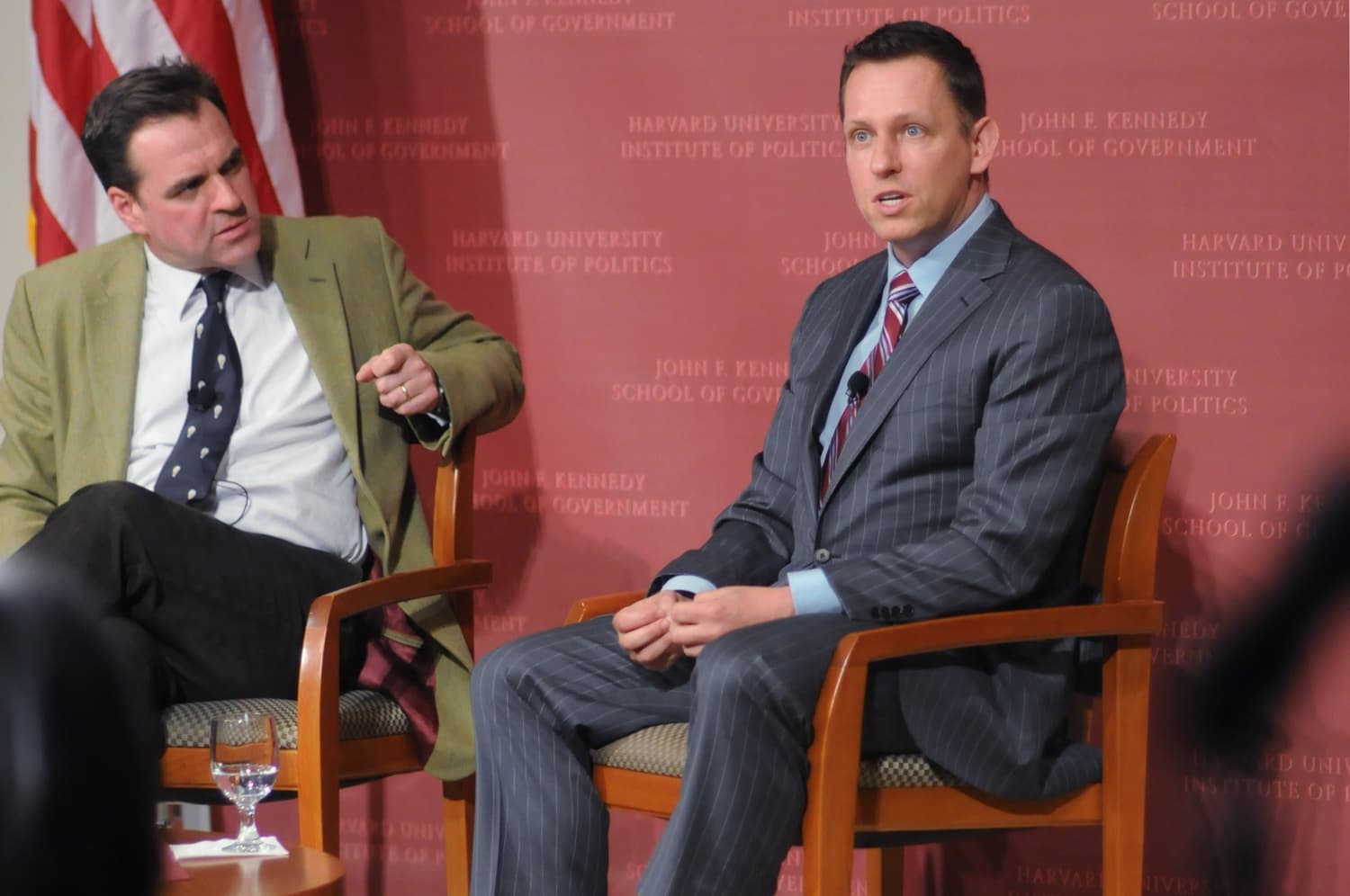Thiel Fellowship Cultivates Innovation Through Alternative Paths, Sparking Education Debate

San Francisco, CA – The Thiel Fellowship, founded by tech entrepreneur Peter Thiel, continues to champion an alternative educational model, providing young individuals with a $200,000 grant and mentorship to bypass traditional higher education and pursue their entrepreneurial ventures. This approach, which encourages self-directed learning and hands-on experience, has led to numerous success stories, prompting discussions about the role of curiosity in fostering innovation.
The fellowship, established in 2011, targets individuals aged 22 or younger who commit to leaving or deferring college to dedicate two years to building new projects, conducting research, or engaging in social movements. This unconventional path aims to liberate young minds from what some perceive as the constraints of conventional schooling, allowing them to immerse themselves fully in their ideas. The program emphasizes practical application and real-world problem-solving over academic credentials.
A recent social media post by Hannah Frankman Hood highlighted this very aspect, stating, "Almost all the Thiel Fellows went through some type of alternative schooling. You can argue 'nature vs. nurture' and 'family influence,' but how many of these kids went on to be innovative adults because they were allowed to be curious children first?" This tweet underscores the fellowship's philosophy that an environment fostering innate curiosity can lead to significant innovation.
Indeed, many Thiel Fellows exhibit traits such as "intentional curiosity," a "bias toward action," and a strong inclination towards self-directed learning. Notable alumni include Vitalik Buterin, co-creator of Ethereum, and Dylan Field, co-founder and CEO of Figma, among others. As of October 2023, the Washington Post reported that 11 of the 271 recipients had founded "unicorns" (companies valued over $1 billion), with the fellowship's website claiming 26 such successes.
Despite its impressive outcomes, the Thiel Fellowship has drawn criticism from the academic establishment. Critics, including some prominent educators, have labeled Thiel's anti-college stance as "dangerous and misguided," arguing that it undervalues the comprehensive development offered by traditional universities. The debate centers on whether bypassing formal education, despite the fellowship's support, is a sustainable or advisable path for a broader population.
Ultimately, the Thiel Fellowship continues to challenge conventional wisdom, advocating for a system where young innovators can pursue their passions unburdened by debt or rigid curricula. Its impact on fostering a generation of "innovative adults" through "alternative schooling" remains a compelling case study in the evolving landscape of education and entrepreneurship.